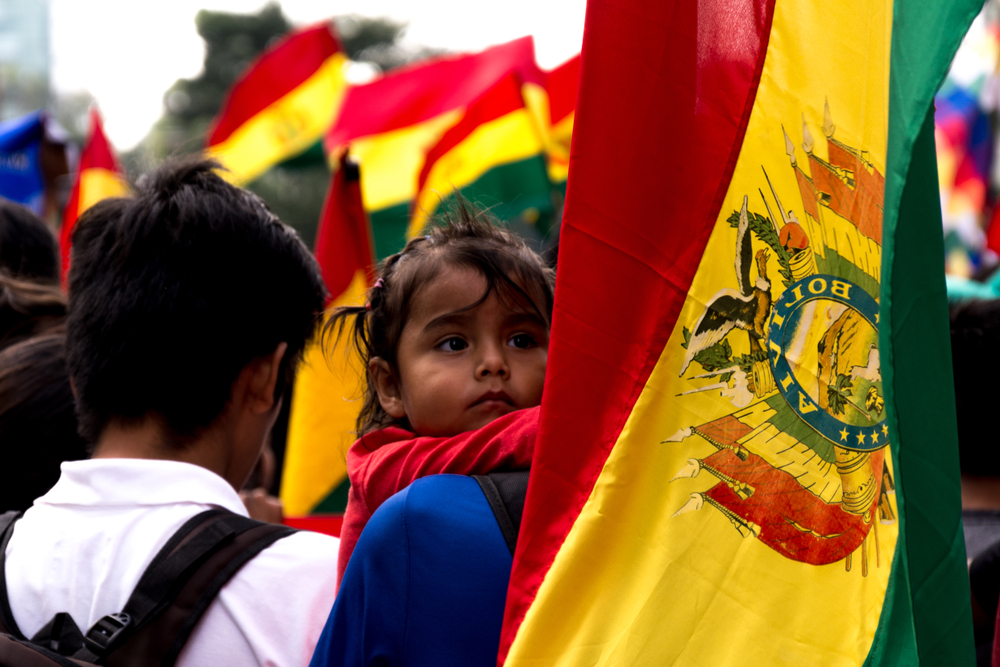Since the turbulent 2019 general elections in Bolivia — which culminated in an old-fashioned military coup to oust President Evo Morales — the country has remained under a black cloud. Self-declared President Jeanine Áñez went back on her own promise and decided to run for election this year, in a vote that is likely to be postponed, as the country attempts to juggle its own institutional nightmare during a deadly pandemic.
With 50,000 confirmed Covid-19 cases and 1,900 deaths, Bolivia can take some solace in the fact that its health situation has not been the unprecedented disaster seen in neighboring Brazil. However, the coronavirus outbreak has become a part of Bolivia’s existing political crisis, with Ms. Áñez’s interim government using the quarantine to launch its own electoral campaign.
This week, Bolivia’s ‘never ending coup’ opened another chapter as Luis Fernando Camacho, a far-right Catholic activist who backed the coup and has been called the “Bolivian Bolsonaro,” wrote to the Organization of American States (OAS) denouncing alleged fraud from Evo Morales’ Movement for Socialism (MAS) party in the upcoming elections, which Mr. Camacho is keen on postponing.
Moreover, electoral courts will hear a case in which Mr. Morales’ opposition asks for the MAS to be completely barred from the upcoming election, quoting the...


 Search
Search






































